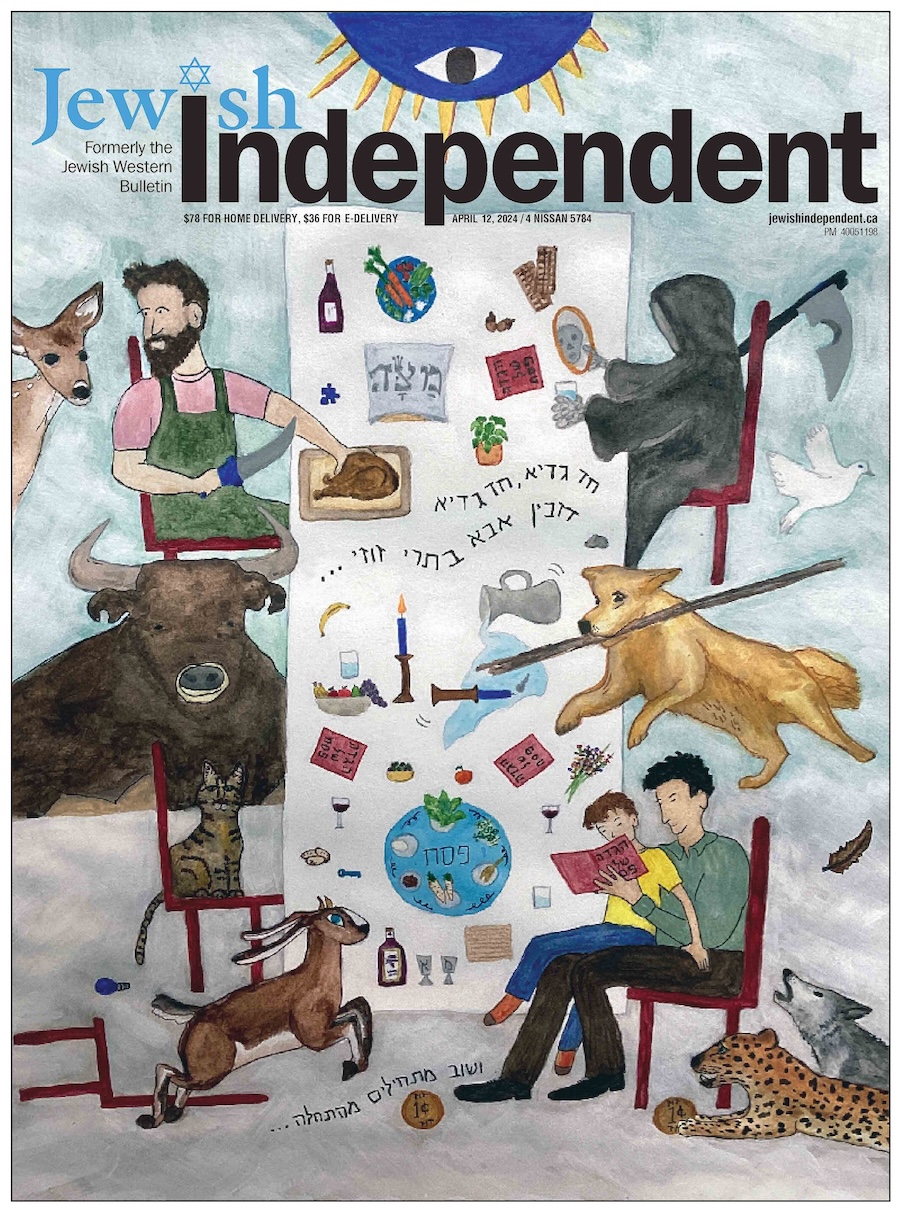
The current issue’s cover stories
The strength of community

Diverse & happy show
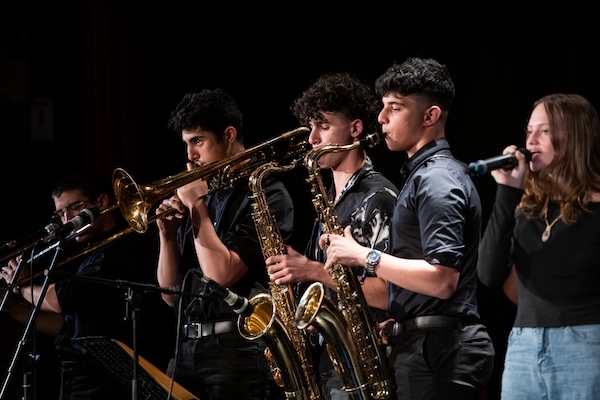
Don’t leave. Engage!
Anthony Housefather has decided to remain in the federal Liberal caucus. Housefather, member of Parliament for the Quebec riding of Mount Royal, is one of only two Liberals to have voted against the NDP motion last month that called for a ceasefire, an end to Canadian military trade with Israel, as well as other positions about Israel and the current conflict….
Isolated, tired, disappointed

Ed Asner shines in final role
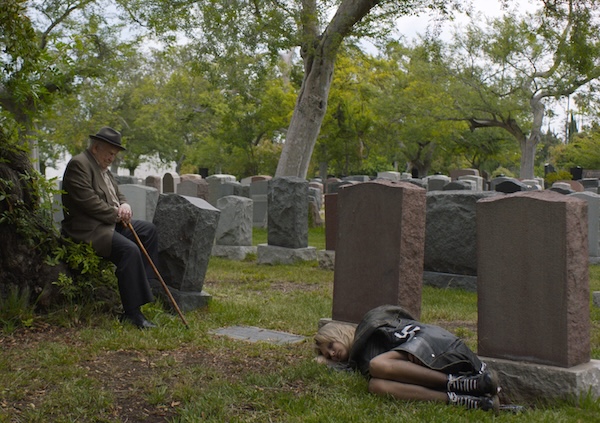
Cultural constellations
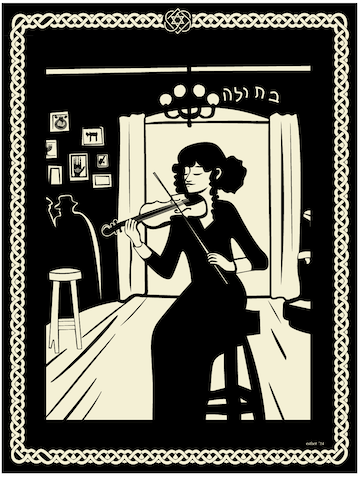
Writing music for life
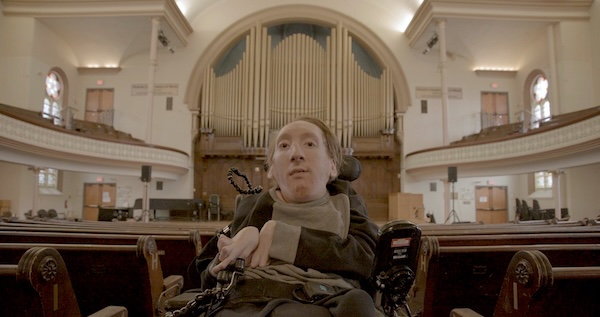
About the 2024 Passover issue cover
The joys of making matzah
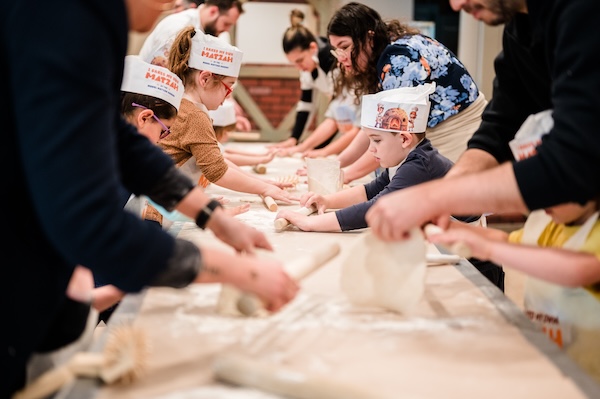
Between issues
האם יהודים וישראלים נמצאים בסכנה מחוץ לישראל
אירועי השבעה באוקטובר שהביאו למלחמה הקשה בין ישראל והחמאס ברצועת עזה הגבירו משמעותית את השנאה והאנטישמיות כלפי יהודים וישראלים שגרים בעולם
The previous issue’s cover stories
The aftermath of resignation

Selina Robinson says she was fired from the British Columbia cabinet. Premier David Eby says she quit. This is merely the tip of an iceberg in the conflicting stories that have roiled BC politics since Robinson’s cabinet career ended in February – and which burst into an even bigger storm when she left the New Democratic Party caucus March 6 with an incendiary letter to caucus colleagues….
Rally highlights resilience
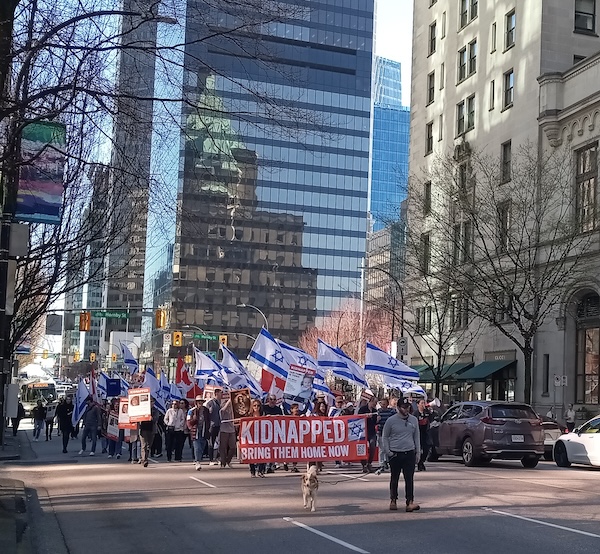
Premier hears concerns

Jewish community leaders met with BC Premier David Eby March 8 in what participants describe as an emotional, intense and frank dialogue around antisemitism in British Columbia and the added impact of the loss of the community’s most prominent voice in government, Selina Robinson….
Using politics to divide
The House of Commons passed a watered-down motion about Israel and Palestine Monday night after a raucous day in Parliament. The compromise amendments on the New Democratic Party’s motion seemed as much about saving face for the governing Liberals as they did about doing what is right for Palestinians and Israelis….
For more stories, click on one of the categories listed on the menu bar, or on one of our recent posts, which can also be found on the menu.
(Please note: This site is best navigated with Chrome or Firefox.)


